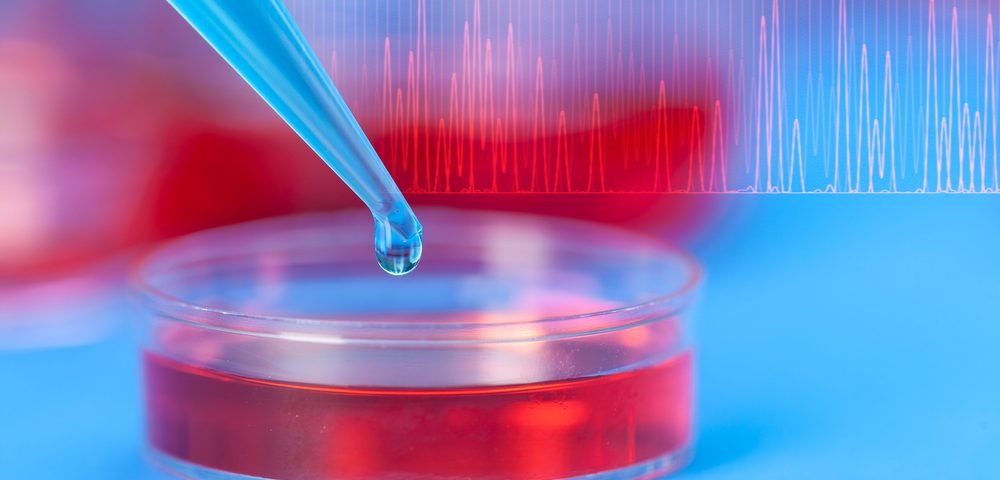Dichloroacetate (DCA), a medicine that has been investigated as a cancer treatment, may help reduce lesions in endometriosis, a new study done in cells and mice suggests.
A study (NCT04046081) to assess this potential non-hormonal treatment in women with the condition is now recruiting participants in Edinburgh, United Kingdom.
The lab and mouse study, “Repurposing dichloroacetate for the treatment of women with endometriosis,” was published in PNAS.
The researchers at the University of Edinburgh first took peritoneal mesothelial cells (PMCs) from a few volunteers, with and without endometriosis, in order to investigate their behavior. PMCs are the cells that line the peritoneum, which is the membrane around the abdominal cavity.
They found that, compared to PMCs from people without endometriosis, PMCs from patients had a number of metabolic differences — that is, differences in the ways the cells obtain and manage their energy.
In humans, most cells, including PMCs, get most of their energy through aerobic respiration. However, the PMCs from people with endometriosis were acquiring a lot of energy through a slightly different mechanism: anaerobic glycolysis.
In highly simplified terms, respiration can generate a lot of energy, but it takes a long time, whereas glycolysis generates less energy, but more quickly. Another key difference is that this kind of glycolysis generates lactic acid as a waste product.
Interestingly, using glycolysis more than respiration is a common feature of cancer cells, since this switch allows for faster production of energy — a useful feature for a cancer cell that is constantly dividing. As such, there have been several attempts to target this switch therapeutically.
DCA is a drug that activates pathways in cells that promote respiration and limit glycolysis. That is why it has been investigated as a cancer treatment. While some small studies have shown promising results, there is not enough data to support its use as a cancer treatment in humans.
The researchers treated the PMCs from people with endometriosis with DCA, which caused the cells to secrete less lactic acid, indicating they were doing less glycolysis. Treated cells also grew significantly less, as seen by decreased proliferation.
Those results suggest that DCA treatment caused these human cells to behave more like those from people without endometriosis.
Researchers then turned to a mouse model of endometriosis. They found that DCA treatment for one week resulted in mice having significantly smaller endometriosis lesions, as well as lower lactic acid concentrations in their abdomens.
The researchers noted that, in the context of tumors, lactic acid can promote cell migration and invasion — processes that also are implicated in the development of endometriosis lesions. “We postulate that increased lactate concentrations in [the abdomen] may create an environment that promotes invasion of ectopic [outside of the uterus] endometrial cells into the peritoneum so that they form lesions,” they wrote.
In order to further explore the use of DCA in humans, the researchers are running an exploratory clinical trial (NCT04046081), which is currently recruiting in Edinburgh, United Kingdom.
“Now that we understand better the metabolism of the cells in women that have endometriosis, we can work to develop a non-hormonal treatment. Through a clinical trial with dichloroacetate we should be able to see if the conditions we observed in the lab are replicated in women,” Andrew Horne said in a news release. Horne is a professor at MRC Centre for Reproductive Health at University of Edinburgh, and lead researcher of the study.
Of note, DCA has been used to treat metabolic disorders in children, specifically congenital lactic acidosis.

